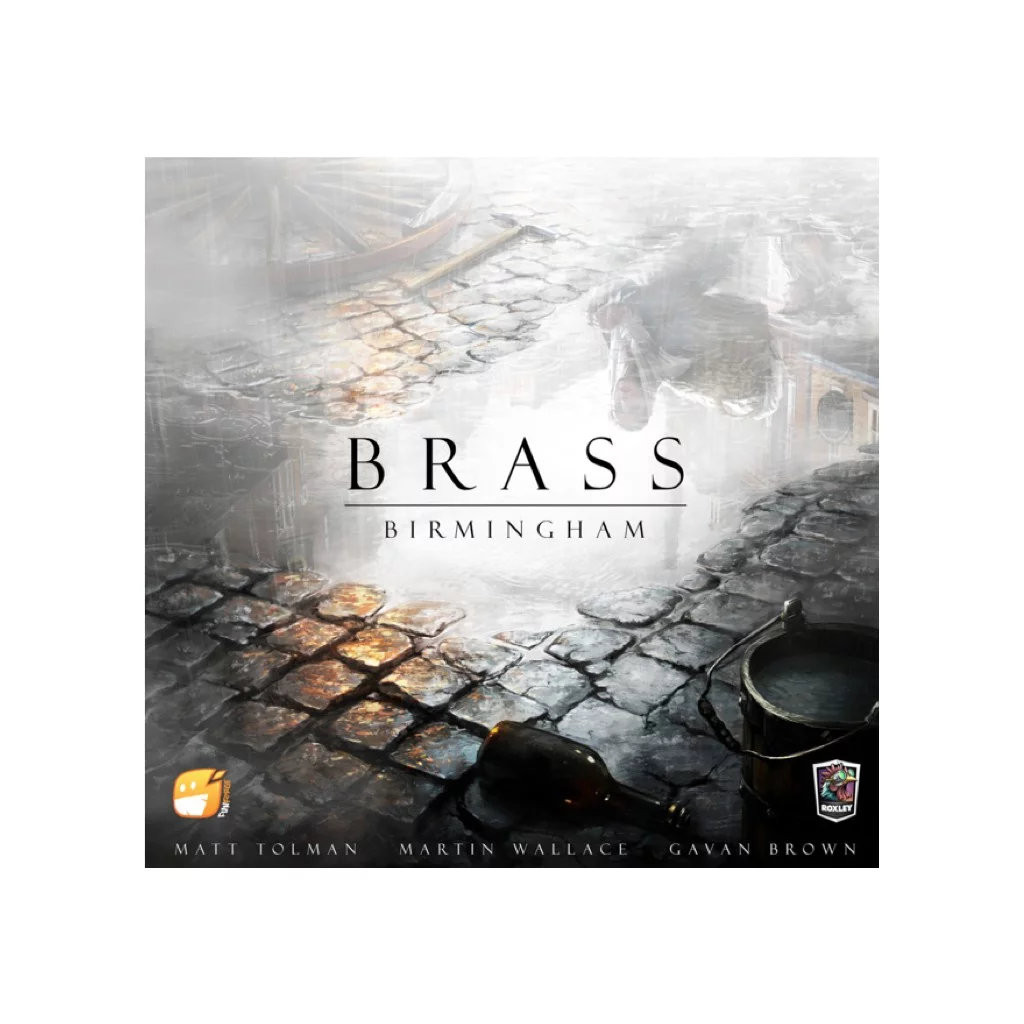
Selling goods from your potteries, cotton mills and manufacturers allows you to flip over that tile, revealing victory points and an increase to your income. Because in Brass you need to construct buildings in order from smallest to biggest, developing allows you to skip some of these to get to the big point-scoring ones quicker.Ĥ.

Skip buildings on your player board in whichever industry you choose. Your network will score points at the end of each era as well as allow you to build further afield, sell your goods for victory points and transport coal.ģ. Build canals/railways across your network. Pay the cost (usually money and sometimes coal/iron as well), and place the building on the map in the location/industry on the card you played.Ģ. From your player mat you can build one of the six industries coal mines, iron works, breweries, manufacturers, potteries and cotton mills. So on your turn you can do any two actions from the following:ġ. The only action that matters which card you discard is Build, for any other action you can chuck anything away! Players start with 8 cards in hand which either show a location on the board or a goods type, and they must discard one card for each action they take, replenishing their hand after their turn. Once everyone has taken their turn, players gain income (which changes throughout the game – hopefully upwards!) and the player order changes depending on who spent the least during the previous round. During these two eras, players will take it in turns performing actions with the aim of developing their influence on the map, earning points in the process. The game is played over two eras, the canal era and the rail era.

Set in the West Midlands, players take on the role of competing entrepreneurs who are building their industrial empires, by investing in coal mines, potteries, cotton mills, canal & rail networks and more. And yet here I am writing a review basically telling you this is one of my favourite ever games! I have to confess, the industrial revolution in England between 1770-1870 is not a strong suit of mine, and being invited to play a game based on it didn’t sound that appealing. Note: Roxley Games sent us a copy of Brass Birmingham so that we could write an unbiased review Brass Birmingham review by S vs J Board Games


 0 kommentar(er)
0 kommentar(er)
